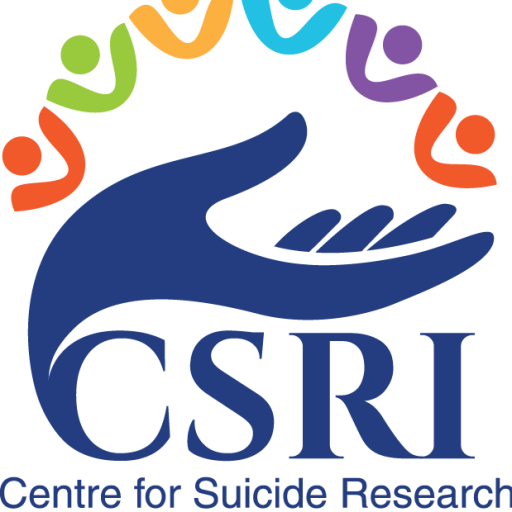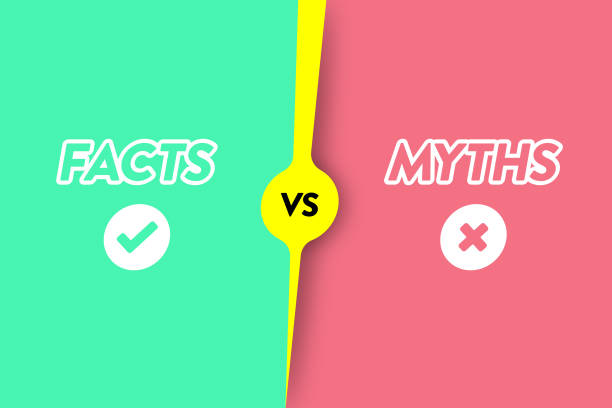Myths Vs Facts About Suicide Loss Survivors
Many thousands of families lose a loved one to suicide each year. According to Sheehan & Weber in their exploration of the stigma of suicide loss survivors, many bereaved families were viewed as contributing to their loved one’s death through abuse, neglect, denial, or failure to provide adequate help; this is not always true. It is important to note that there are a lot of myths about the experiences of suicide loss survivors before and after the loss. They Include.
- MYTH~ Talking to suicide loss survivors about suicide will cause them to be suicidal.
FACT: Having a conversation with suicide loss survivors about their loss and encouraging them to talk about it gives them an opportunity to unburden themselves of the building emotions inside and get help.
- MYTH~ Suicide loss survivors who talk a lot about suicide are seeking attention.
FACT~ It is crucial to acknowledge that suicide loss survivors are at risk of becoming suicidal themselves; therefore, if they are constantly talking about it, it might be a cry for help.
- MYTH~ Suicide loss survivors should feel bad about feeling good.
FACT~ With loss comes a lot of negative and draining emotions, but after a while, suicide loss survivors are able to laugh and have fun. This does not mean their loss is less; it is just that they are making progress on their healing journey.
- MYTH~ Suicide loss survivors cannot help others who have also experienced a similar loss.
FACT~ For some survivors, helping others can be part of their healing process. Since they have been faced with a similar predicament, suicide loss survivors can be better equipped to help others because they understand the loss and what it takes to heal.
- MYTH~ You must know what to say to approach suicide loss survivors.
FACT~ Does anyone know how to talk to someone experiencing loss? It is usually difficult to comprehend the magnitude of loss that a survivor is dealing with, and therefore, you might not know what to say. Instead, offer compassion, a listening ear, or a helping hand. Actions have a more significant impact on survivors than you think.
- MYTH~ Suicide loss survivors openly discussing suicide can lead others down the same path.
FACT~ The aim of suicide loss survivors sharing their own stories and openly talking about their loss by suicide is to create awareness and understanding. This can help others become self-aware of their issues and decide to seek help.
Suicide often leaves a lot of survivors in its wake. The myths make it hard for the grieving family to ask for support without feeling judged. This is why we are all encouraged to redefine what suicide loss survivorship means and entails so that we can build an understanding of it from a factual point of view and be able to ease the burden on grieving families.
By Jeanine Akinyi
Edited By: Favor Khaoya



